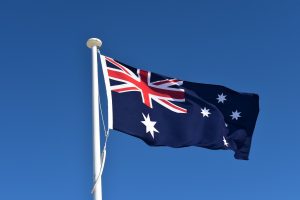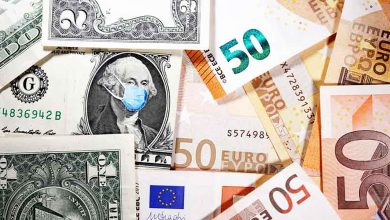Unregistered drugs during health emergencies

As the coronavirus (COVID-19) pandemic continues to impact the daily lives of Filipinos, threats of other highly infectious diseases spreading to the Philippines loom on the horizon. The threat seemed imminent when the Department of Health (DoH) confirmed the first case of monkeypox in the country in July.
Access to treatment by the public is essential in addressing any public health emergency. While it may seem like a hurdle, a regulatory measure is important to ensure that any publicly available treatment is safe and efficacious.
The governing law is Republic Act No. 3720 (RA 3720) or the “Food, Drug and Cosmetic Act,” as amended. Under RA 3720, any new drug should have an authorization from the Philippine Food and Drug Administration (FDA) prior to the manufacture, sale, importation, exportation, distribution, or transfer thereof in the Philippines. Because it could take months, or even years, before a drug can be made available in the country, Philippine regulations provide two ways for patients to gain access to unregistered drugs prior to their registration in the Philippines.
COMPASSIONATE SPECIAL PERMITUnder Department of Health Administrative Order No. 4 s. 1992 (AO), a Compassionate Special Permit (CSP) provides qualified medical specialists and institutions a period of one year to utilize drugs and devices, not yet registered or which are in the process of registration in the Philippines, on specific kind or type of patients and volume. The issuance of a CSP was previously limited to patients who were suffering from Acquired Immune Deficiency Syndrome, cancer, and other life-threatening conditions.
The AO was amended in 2020 to include emerging or re-emerging infectious diseases considered as Public Health Emergencies or Public Health Threats to address the gaps in the policy made evident by the COVID-19 Pandemic. As a result of this amendment, hospitals and medical institutions were issued CSPs for the use of COVID-19 drugs such as Remdesivir and Molnupiravir.
EMERGENCY USE AUTHORIZATIONAnother regulatory remedy is the Emergency Use Authorization (EUA), an authorization issued for unregistered drugs and vaccines in a public health emergency. Unlike CSPs which are issued to medical specialists or institutions, EUAs cover the pharmaceutical industry and government entities such as the national procurer or health program implementors.
In general, EUAs may be issued based on the following:
1. There is reasonable belief that the drug or vaccine may be effective to prevent, diagnose, or treat the disease based on the totality of evidence available, including data from adequate and well-known controlled trials;
2. The known and potential benefits of the drug or vaccine, when used to diagnose, prevent, treat disease, outweigh the known and potential risks of the drug or vaccine, if any; and,
3. There is no adequate, approved, and available alternative.
An EUA shall be valid until expressly withdrawn by the FDA Director General or upon issuance of full market authorization/Certificate of Product Registration. For example, in response to COVID-19, Executive Order No. 121 was enacted to grant authority to the Director General of the FDA to issue EUAs for the use of unregistered COVID-19 drugs and vaccines outside clinical trials.
WEIGHING THE RISK OF THE USE OF UNREGISTERED DRUGSDespite the existing regulations allowing immediate but limited access to unregistered drugs, the illicit distribution and sale of unregistered drugs still became rampant during the height of the pandemic. Not only are these drugs sold at a steep price, but their genuineness and efficacy are uncertain. Yet some individuals have accepted these risks, possibly due to panic and misinformation.
The governmental policy of drug registration prior to its use is for the protection of the people. It is sound policy that drugs should not be immediately made available to the public without the supporting studies on efficacy, effectivity, and safety of treatment. Necessary amendments have been introduced, such as the regulations on CSPs and EUAs to allow compassionate and emergency use of these needed treatments. n
This article is for general informational and educational purposes only and not offered as and does not constitute legal advice or legal opinion.
Zyra Frances P. Aquilizan is an Associate of the Corporate & Special Projects Department of the Angara Abello Concepcion Regala & Cruz Law Offices (ACCRALAW).
(632) 8830 8000




